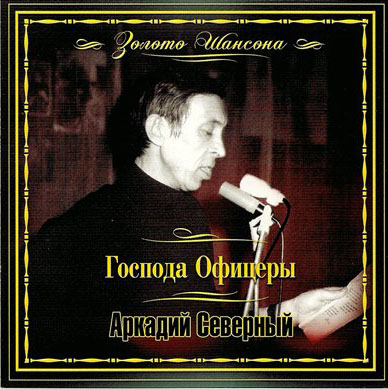Arkadij Severnij Programma Dlya Goskoncerta

The Wii version of Anubis II was also nominated for Flat-Out Worst Game of 2007 by GameSpot. Tablica umnozheniya a4 2015. Many critics have called it a carbon copy of, due to the identical music, gameplay and level layout, the same basic attacks, and enemies (as well as having most of the same bugs and glitches), because of the use of DDI's. The controls Anubis while the swings the of and throws Kanopic Bombs. Gameplay [ ] Set in, the player controls, the guardian of the, in his quest to lift the. Reception [ ] The game received overwhelmingly negative reviews upon release, including a 1.5/10 rating from GameSpot, the second worst score it is possible to receive with the new rating system, and a 2/10 rating from IGN.
Alternative Title: Aleksandr Sergeyevich Dargomyzhsky Aleksandr Dargomyzhsky, in full Aleksandr Sergeyevich Dargomyzhsky, (born Feb. 14, New Style], 1813, near, Russia—died Jan. 17], 1869, St. Petersburg), Russian composer of songs and operas whose works are now seldom performed. Gympac 2500. Dargomyzhsky grew up in as a talented amateur musician, playing the violin and piano and dabbling in.
Nov 26, 2012 spektaklis 'Dievo zmogaus istorija' 2012.09.24.Leliu teatras.Vilnius Lithuanian. II year of study COURSE TITLE Hours/week Hours/year No ECTS Winter Condition for Sem. No Code DESCRIPTION T P T P Theory Pract. Total IA Attendance Exam.
His acquaintance with the composer (1833) turned his thoughts more seriously toward composition, and in 1839 he completed his first opera, Esmeralda (after; performed 1847). Two other operas followed: The Triumph of Bacchus (1845; performed 1867) and Rusalka (after; produced 1856).
In his songs Dargomyzhsky developed an individual vein of humour and satire. His orchestral pieces (e.g., Finnish Fantasia, Cossack Dance, and Baba-Yaga) were notable for their harmonic experiments. After 1866 he became interested in developing a Russian national of great dramatic realism and began to set Pushkin’s play Kamennygost ( ) to a species of melodically heightened recitative, with entire passages composed in the mode. This work aroused the interest of and his circle, particularly; when Dargomyzhsky died, the score was completed by and orchestrated.